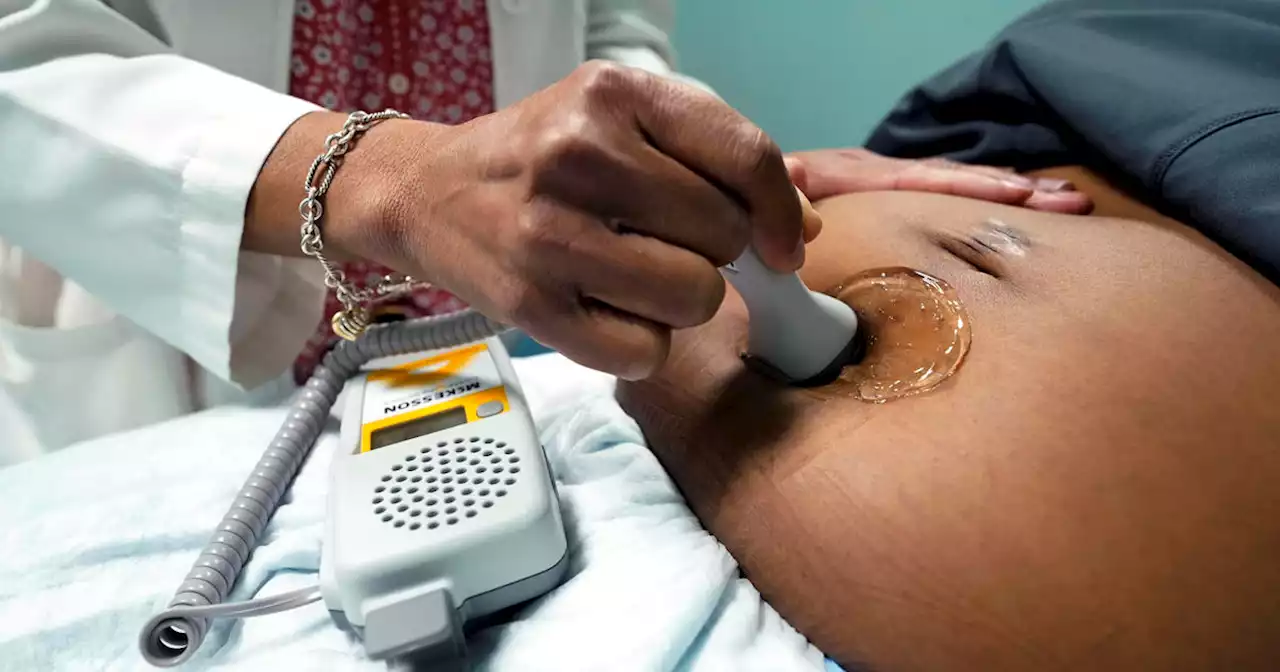One-third of Black women experience traction alopecia, and while its often caused by certain hairstyles, it's also driven by genetics.
She notes that while fibroids are linked to CCCA, they're not responsible for actually causing the condition."It's just the same trait that caused the hair loss is the same trait likely that caused the fibroids, which is an abnormal scarring response, like keloids," says Dr. Strachan."They think that In West Africa, that response may be protective against a certain type of parasites.
That said, even if you don't feel anything from your protective styles, they may still come with a risk of pulling at your scalp."Most people with heavy dreadlocks don't complain about being in pain, but if your dreadlocks are down to your hips, you need to tie them up and not have all that weight supported by the few hairs that are still attached to your head. It's like boiling a frog one degree at a time.
But if time goes on and you don't change your routine to treat this traction alopecia, traditional scarring alopecia can set in."It's not anything that sneaks up on you," says Dr. Yates."We're not talking months, we're talking years. It takes years to go from traction to scarring alopecia."
United States Latest News, United States Headlines
Similar News:You can also read news stories similar to this one that we have collected from other news sources.
 Kenya's Faith Kipyegon wins third world women's 1500m goldFaith Kipyegon secured her third gold after she ran a perfect race to come home in 3:54.87.
Kenya's Faith Kipyegon wins third world women's 1500m goldFaith Kipyegon secured her third gold after she ran a perfect race to come home in 3:54.87.
Read more »
 Could Holton Ahlers be one of the biggest beneficiaries of the new third QB rule?The undrafted free agent out of East Carolina is showing off some impressive tools in the preseason, but will it be enough to stick around in Seattle?
Could Holton Ahlers be one of the biggest beneficiaries of the new third QB rule?The undrafted free agent out of East Carolina is showing off some impressive tools in the preseason, but will it be enough to stick around in Seattle?
Read more »
 Poll: One-Third of Republicans Likely Not Watching the First GOP DebateOne-third of Republicans are likely not watching the first GOP presidential debate, an Economist/YouGov survey found.
Poll: One-Third of Republicans Likely Not Watching the First GOP DebateOne-third of Republicans are likely not watching the first GOP presidential debate, an Economist/YouGov survey found.
Read more »
 21 Nude Lipsticks Made Just for Black WomenNo chalky formulas or ashy pinks here.
21 Nude Lipsticks Made Just for Black WomenNo chalky formulas or ashy pinks here.
Read more »
 Alarming rise in rate of Black and poor women dying during delivery in Pa. hospitals: studyA four-year study tracking birthing outcomes in Pennsylvania finds an alarming increase in the rate of death among Black and poor women during hospitalization for delivery. The rates were high among women 40-55 and on Medicaid.
Alarming rise in rate of Black and poor women dying during delivery in Pa. hospitals: studyA four-year study tracking birthing outcomes in Pennsylvania finds an alarming increase in the rate of death among Black and poor women during hospitalization for delivery. The rates were high among women 40-55 and on Medicaid.
Read more »
 1 in 5 women report mistreatment during maternity care, according to CDC reportMistreatment was higher among Black, Hispanic and multiracial women, the survey found.
1 in 5 women report mistreatment during maternity care, according to CDC reportMistreatment was higher among Black, Hispanic and multiracial women, the survey found.
Read more »
